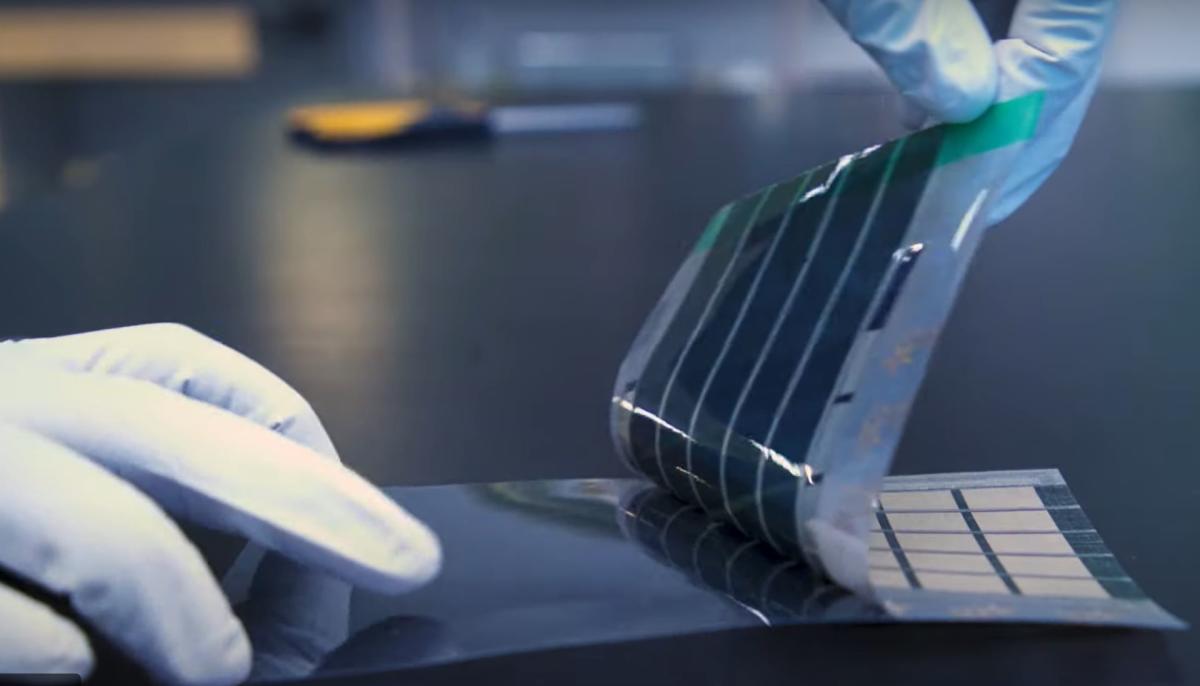- cross-posted to:
- [email protected]
- cross-posted to:
- [email protected]
Scientists develop mega-thin solar cells that could be shockingly easy to produce: ‘As rapid as printing a newspaper’::These cells could be laminated onto various kinds of surfaces, such as the sails of a boat to provide power while at sea.



For most users, I’d guess that unit area is more important. But for satellites, I suppose that as long as they can unfold, space isn’t really an issue. You’ve got all of outer space to spread out into. But weight determines a lot of the cost of putting the thing up in space, so you’d like that to be low.
If they’re cheap enough, you can just slap them on any available surface that gets a marginal amount of sunlight. Doubly so if they’re flexible.
If you can print them on textiles they can literally be everywhere.
Weight does play a huge role for satellites and to be honest I have very little knowledge of solar panels they use. However since solar sail is a thing, I’d argue surface is indeed a factor with satellites. But perhaps they managed to get some use there. There might be even other use cases I just didn’t think about. My original comment was mostly pointing out that thickness was rarely as big of an issue as it was efficiency.
For anything other than house roof solar price per kw is going to be the deciding factor. Rural land is very cheap compared to solar panels - we’re talking about a 100:1 cost ratio.
Also I can’t imagine you’d want to add too much extra weight to a skyscraper